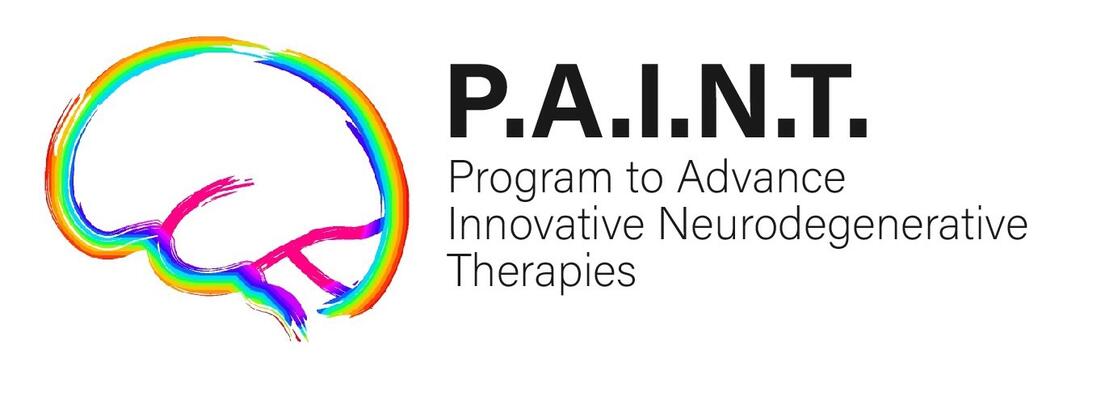Abstract
OBJECTIVE: To determine the impact of percutaneous endoscopic gastrostomy (PEG) tubes in patients with advanced Huntington disease (HD).
METHODS: A retrospective chart review of patients with HD was conducted to assess the rate of pneumonia and pressure ulcer, length of life, changes in weight, and serologic nutritional measures. Surviving and deceased patients with and without PEG tubes were compared using descriptive statistical analysis.
RESULTS: One hundred forty-eight records were reviewed (39 patients with PEG tubes). The mean age of patients still alive and diagnosed with HD was 58.3 ± 12.7 years and age at death (n = 62) 57.7 ± 10.3 years. At the time of analysis, the mean duration of HD was 14.2 ± 7 years. Groups were similar in sex, age, and weight at admission. In those deceased, insertion of a PEG tube increased the length of life with HD by 3.6 years (16.2 ± 6.7 vs 13.2 ± 4.9 years). PEG tube placement significantly reduced cholesterol levels, increased the prevalence of skin ulcers and the rate of pneumonia. Insertion of a PEG tube did not significantly change weight or albumin levels.
CONCLUSIONS: PEG tube placement in advanced HD provided benefit in the length of life, but weight, other nutritional measures, and the rate of pneumonia were either not impacted or worsened with the insertion of a PEG tube. Impact on quality of life needs further study, but providers, patients, and families should consider all options when discussing preferences for interventions.
CLASSIFICATION OF EVIDENCE: This study provides Class IV evidence that for patients with advanced HD, PEG tube placement increases the length of life but has no or negative impacts on nutritional measures.
PubMed


